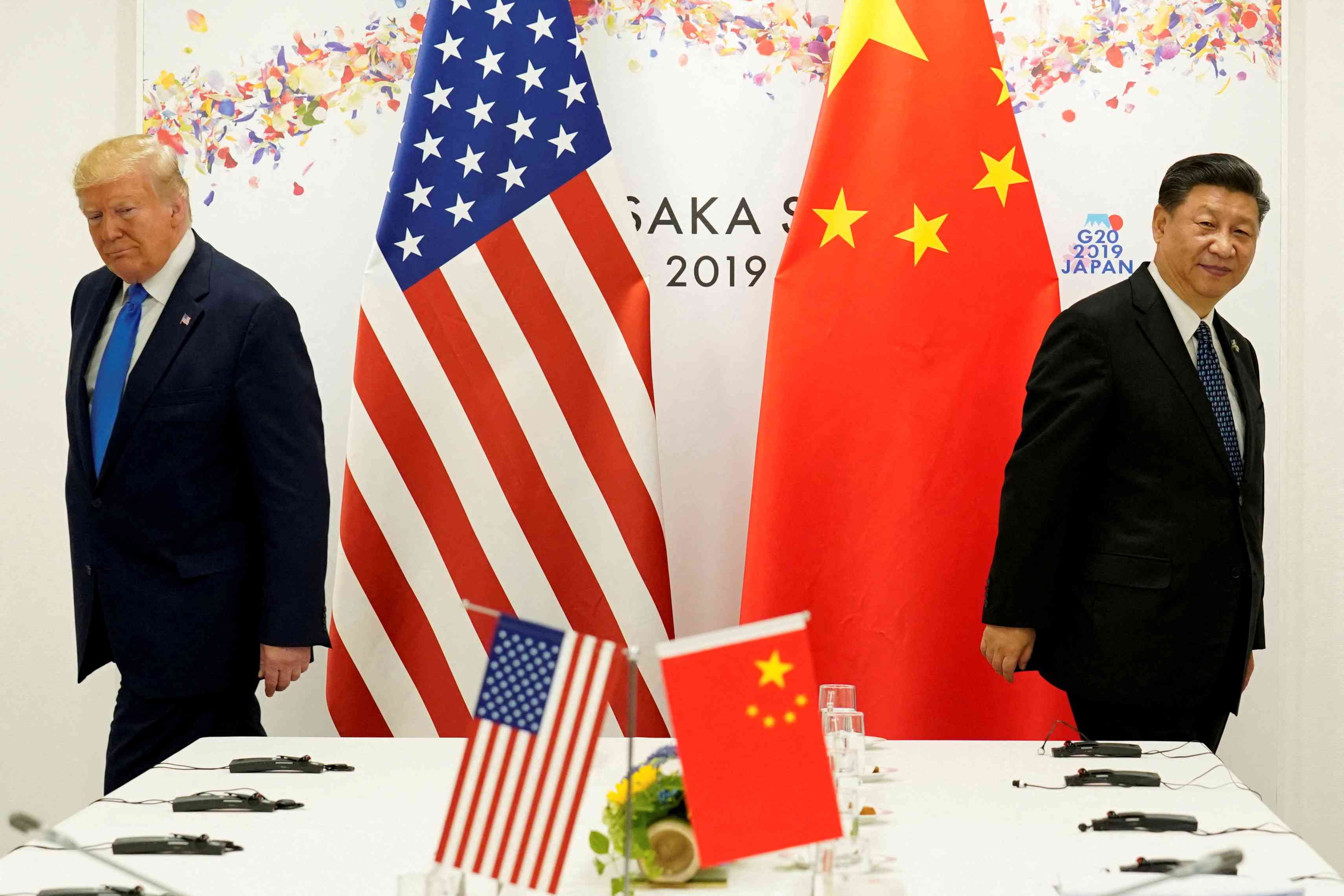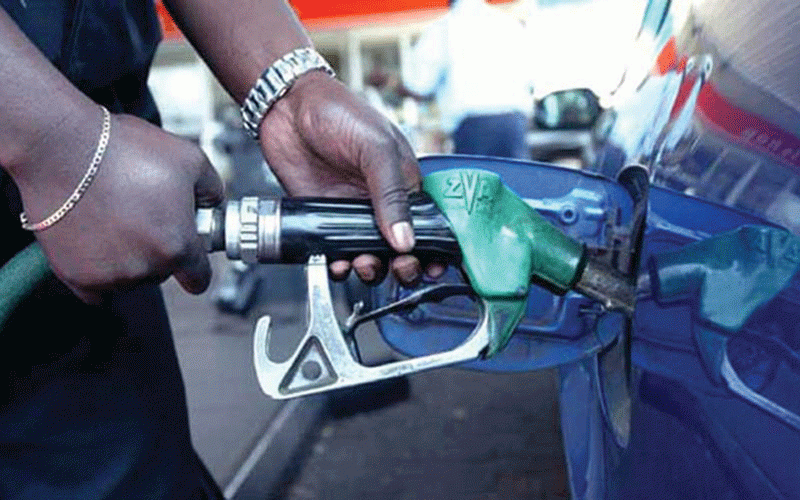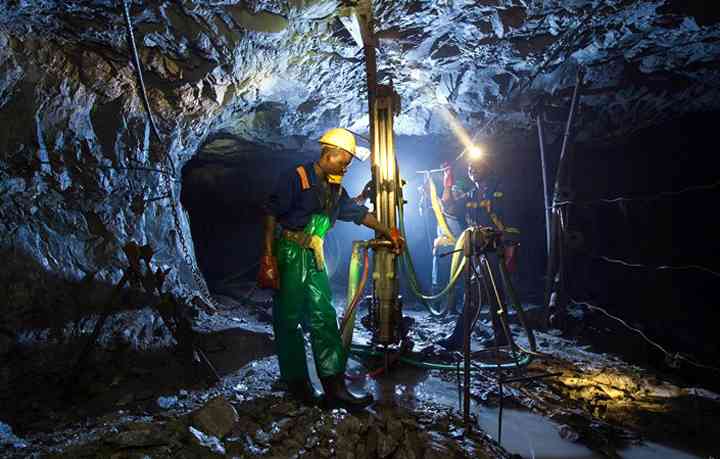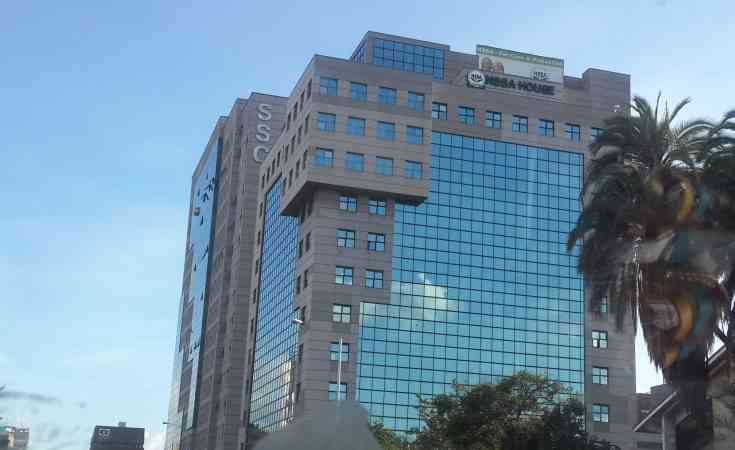
ZIMBABWE is set to resubmit its final tariff order for technical verification to the secretariat of the African Continental Free Trade Area (AfCFTA) as it prepares to enter the second phase of the Guided Trade Initiative (GTI).
Launched in October 2022, GTI pilots preferential trade among eight member States namely Cameroon, Egypt, Ghana, Kenya, Mauritius, Rwanda, Tanzania and Tunisia for 96 identified commodities, including ceramic tiles, tea, coffee, processed meat products, corn starch and sugar.
It also aims to test the operational, institutional and legal environment of the AfCFTA agreement.
According to Wamkele Mene, the AfCFTA secretary-general, 31 out of the 47 countries which ratified the agreement will join GTI in 2024.
Speaking on Wednesday during the AfCFTA conference organised by the Zimbabwe Revenue Authority, Foreign Affairs deputy minister Sheillah Chikomo expressed the country’s willingness to join GTI.
“Observing of course the list of the goods in the expanded GTI, I see no reason why Zimbabwe should not be part as the nation produces most of the products listed therein,” she said.
“In that regard, work is underway to fulfil the requirements to join the GTI, chief among them being that member States must have a verified tariff offer. And what is stopping us?
“I am happy to inform you that soon Zimbabwe will be resubmitting its final tariff order to the AfCFTA secretariat for further technical verification. Comments that were raised by the secretariat in the initial offer have been attended to.
- Feature: Zim needs to shift its trade matrix
- AfCFTA: What is in it for Zimbabwean businesses?
- Embrace AfCFTA, Zim firms told
- Old Mutual tech hub trains start-ups
Keep Reading
“Once the technical verification processes have been completed, Zimbabwe will be able to index the necessary legislation to start preferential trading under the AfCFTA agreement.”
The deputy minister said Zimbabwe had been making efforts at setting up other trade facilitation programmes to improve competitiveness in readiness for trade under the AfCFTA.
These include the hard and soft infrastructures.
“The major roads are being rehabilitated and ports of entry infrastructure is being upgraded such as Harare-Beitbridge Highway and the expansion of the Robert Gabriel Mugabe (RGM) International Airport among other projects,” Chikomo added.
The AfCFTA agreement represents a united African market of 1,3 billion people that is worth about US$3 trillion, making it one of the biggest free trade areas in the world.











